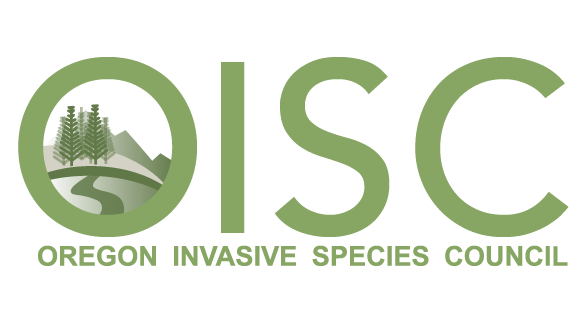First foods are traditional foods important to Oregon (or PNW) Tribes that include Water, Salmon, Big Game, Roots and Berries. Each of these categories represents a group of similar species of First Food. Salmon represent aquatic life forms; Big Game (deer) represent large wildlife, Roots (cous) represent plant foods that are dug; and Berries (huckleberry) represent plant foods that are picked. Although, medicinal, material and spiritual resources aren’t explicitly called out as a First Food, they have cultural importance. First Foods relate to Tribal creation belief, where First Foods promised to take care of the Indian People, and Indian people have a reciprocal responsibility to take care of the First Foods.
The Department of Natural Resources (DNR) of the Confederated Tribes of the Umatilla Indian Reservation (CTUIR) has adopted a mission based on indigenous foods served at ceremonial meals and listed in the order in which they are served at traditional meal in the tribal longhouse. The mission and functions of the CTUIR DNR are guided by the First Foods Paradigm.
The First Foods are central to the CTUIR DNR mission statement:
To protect, restore, and enhance the First Foods - water, salmon, deer, cous, and huckleberry - for the perpetual cultural, economic, and sovereign benefit of the CTUIR. We will accomplish this utilizing traditional ecological and cultural knowledge and science to inform: 1) population and habitat management goals and actions; and 2) natural resource policies and regulatory mechanisms.
The First Foods are considered by the CTUIR DNR to constitute the minimum ecological products necessary to sustain CTUIR culture. Invasive species threaten First Foods that are essential to maintain and enhance the tribal traditions and culture. Invasive species can cause dramatic changes to ecosystems by shifting in species composition, species mortality, biodiversity, and disturbance regimes. Invasive species invasions can decrease or eliminate tribal access to culturally important food, medicine and other uses. Any efforts to manage First Foods, including invasive species management, must consider ecological processes that relate to the sustained production of First Foods. Indigenous communities can suffer indirect effects from invasive species management. Invasive management can negatively affect the wellbeing of First Foods and tribal people reliant on those resources. Tribal people can have increased risk of pesticide exposure when harvesting, preparing and consuming culturally important foods, medicine and materials.




